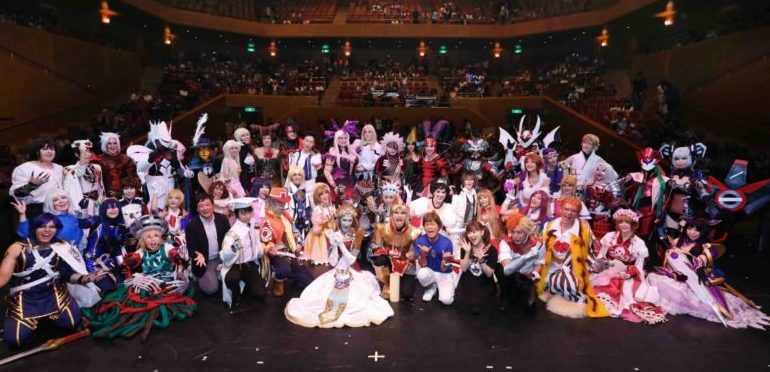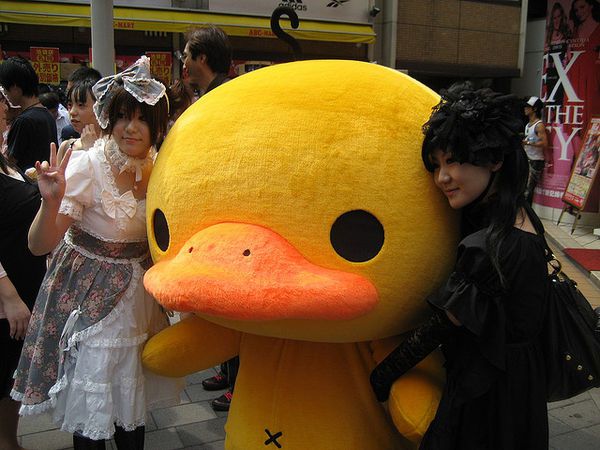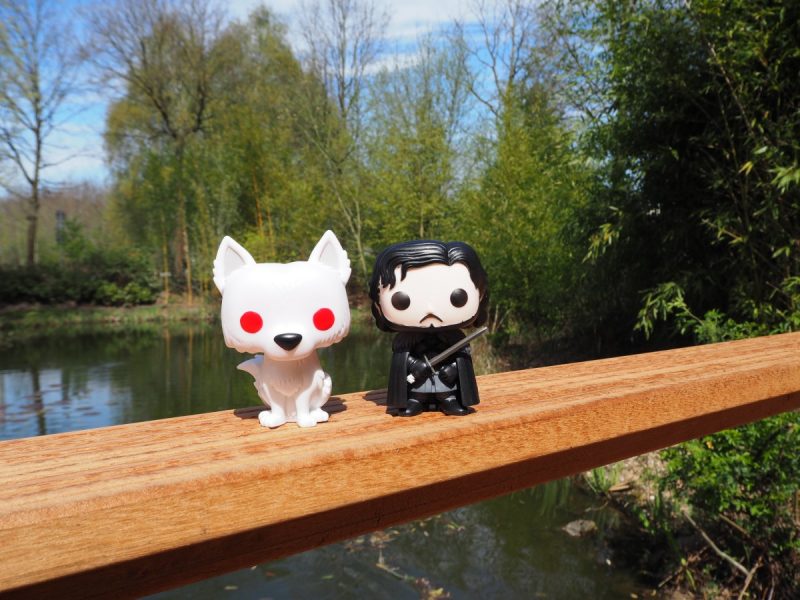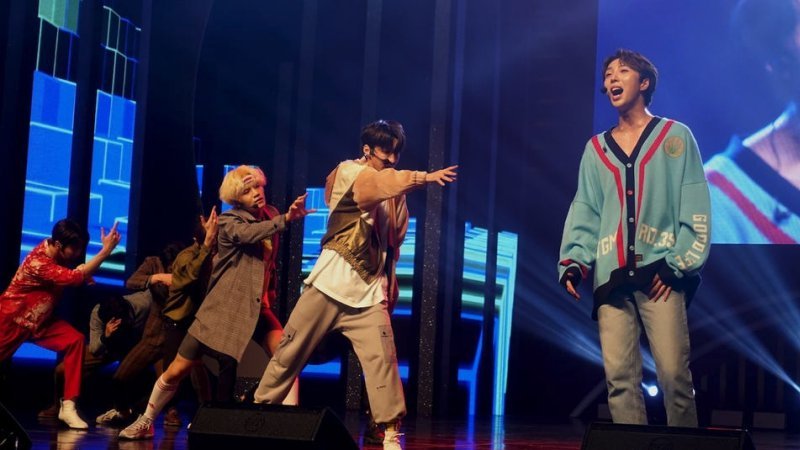If you like animes, mangás, doramas, tokusatsus, movies, series, games, and cosplay, you have certainly attended some anime event. In Brazil, anime events started to gain popularity between the late 90s and early 2000s, with the popularization of the internet and the broadcasting of Japanese animations on various television channels, such as Rede Manchete, Cartoon Network (on Toonami), and Animax, which helped spread this universe to the young audience.

In 2003, the first edition of the infamous "Anime Friends" took place, considered today one of the largest events for the otaku audience in Latin America, usually held in the city of São Paulo. In 2001, that is, 2 years before the first Anime Friends, the first edition of SANA (Super Amostra Nacional de Animes) occurred in Fortaleza, Ceará. Initially, both events primarily focused on showcasing booths related to Japanese culture and selling manga.
Over the years and the consequent increasing popularization of games, American comics (HQ's), the geek universe, Korean series and films, KPOP and the nerd world, these great events were leaving culture aside. Japanese, so nowadays it's even rare to find something of Japanese culture in them, especially when we talk about SANA.
In this article, we will discuss the theme, trying to understand the main reasons that led the organizers of Japanese culture events to change the target audience, which today is made up of a bunch of people with interests that are very different from the original proposal.
Note: This article is an opinion piece. Therefore, take it as a personal view of the author on the subject and not as an absolute truth.
Click here and read our previous article on anime events!

Table of Content
Are they still good?
Particularly, I can't comment specifically on all the anime events that exist in Brazil (there are many), given that I only went to Sana. However, I hear very good things about the meetings that take place in São Paulo, mainly due to the fact that this is where the largest Japanese population outside Japan resides, in addition to the fact that a large number of young people from São Paulo are interested in anime and manga.
The Sana (Super National Anime Sample), on the other hand, is an event I can speak about with more authority, as I have attended many of its editions. The Sana has significantly reduced its focus on Japanese culture to give more space to activities related to the music scene (such as DJs, mixers, and national bands), to the geek and nerd audience, and, especially, to Korean cuisine and culture. This radical shift in audience focus has generated dissatisfaction among people who attended the older versions of the event. In this sense, we can say that its quality has decreased considerably.
In an event whose focus should be Japan and anime, we found things like DJ's, funkers, variety youtubers, metal bands, American series themed rooms and meaningless scavenger hunts. Of course, we shouldn't generalize, but in the eyes of those who attended the golden age of anime events, the current ones leave a lot to be desired when it comes to Japan and its culture.
Anime events or pop culture events?
Once, when I attended one of these meetings, I went looking for original Japanese manga. I spent 3 days insistently looking for some native (imported) manga, without success. This fact frustrated me in such a way that, from that day on, I stopped attending the big “anime” events. But that's when I realized that these events don't exist anymore, in fact, they even exist, but they're not focused on anime. If on the one hand we have a lot of American pop culture, video games, lectures on nerd themes, anime and manga have been forgotten or left aside.

In festivals dedicated exclusively to Japan and in book biennials we often find more manga than we would find in a “manga” event, which is quite bizarre.
If organizers want to attract more audience by expanding the scope to embrace "pop culture" in general, then they change the name of events...
The KPOP Invasion
Taking the former prominent place of Japanese culture, Korean attractions have spread like ants in an anthill, so that Korean bands, idol's, and stars of KPOP are invited in greater numbers compared to the stars of JPOP (Japanese pop).

Today we see people who have never watched an anime frequently attending these events, making it necessary for the stands to increasingly adapt to this audience that admires what comes from Coreia.
I have nothing against those who like KPOP. But I think there should be exclusive events for that. In the present day, KPOP has been invading anime and manga events.
Wrapping Up
That was my view of current anime events and Japanese culture. If you disagree, leave your argument in the comments. To the next!
What's up? Did you like the article? So like, comment and share on social media!
